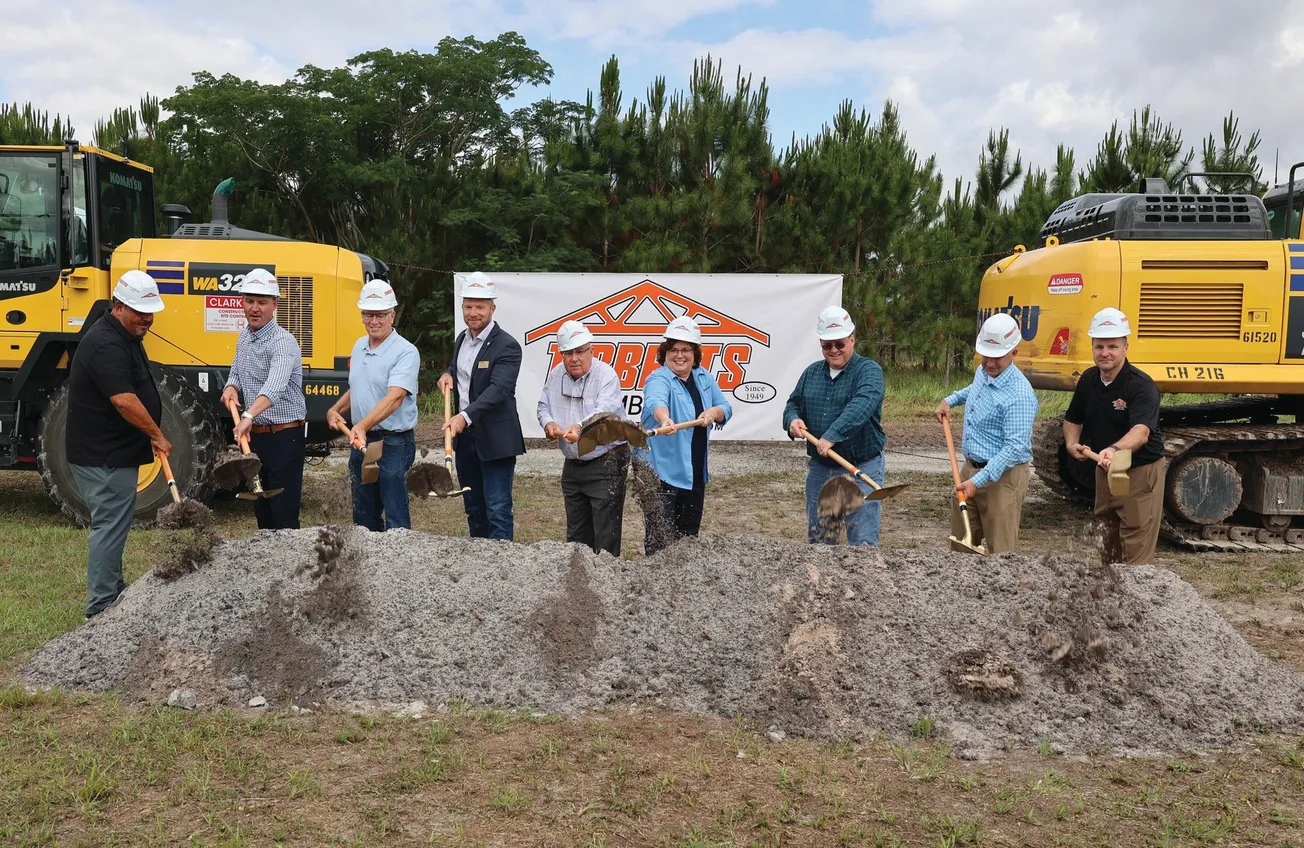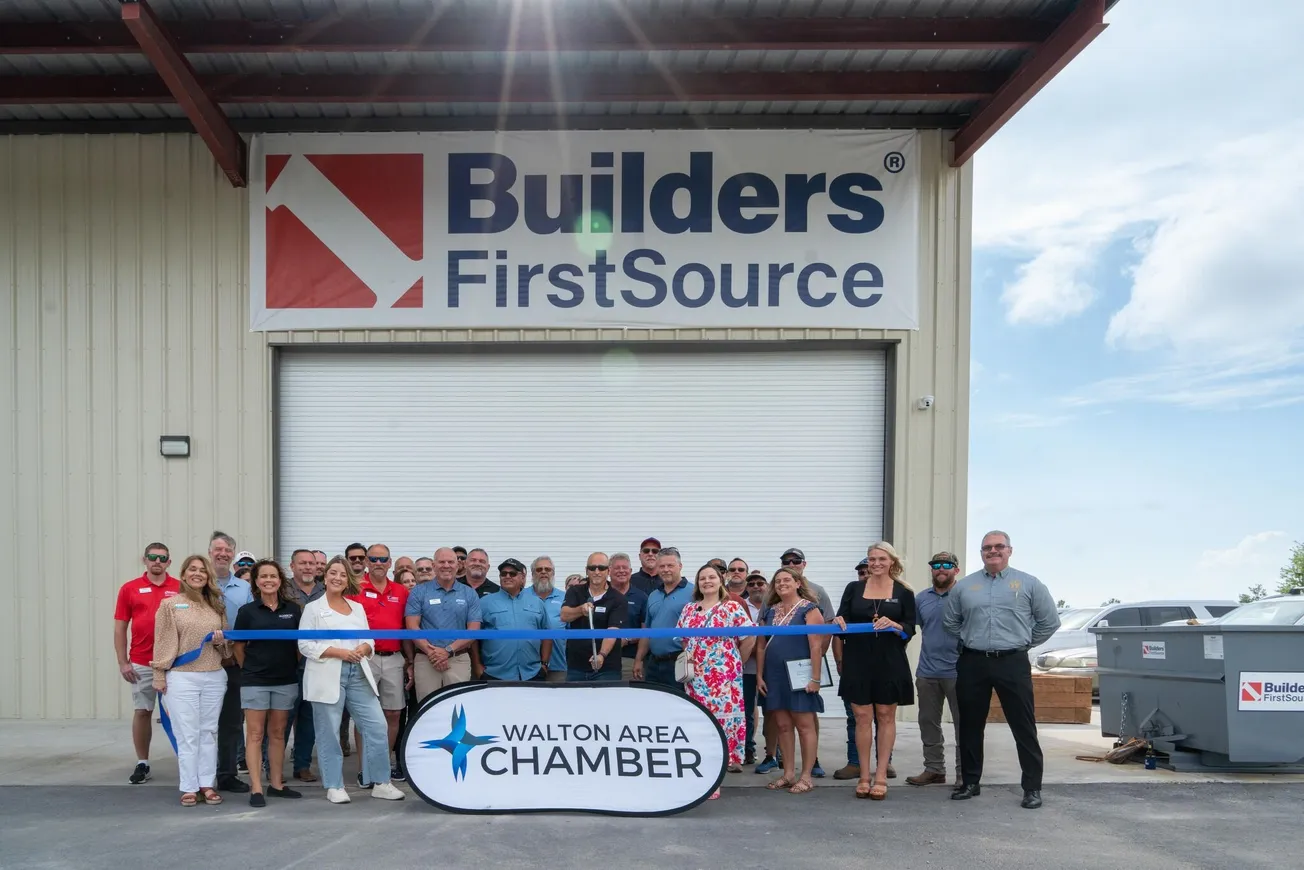Table of Contents
I listen to thousands of sales calls every year, and here are some of the subtle and not-so-subtle sales mistakes.
Failure to Qualify
Sales is a first-impression business. If we do not qualify our potential customers correctly, on the first call, we guarantee a second-rate second call. I hear calls with sellers offering products that customers don’t even use. This sets up a re-prospect call, which is frustrating for the buyer and does not leave a good (second) impression. Can we dig out of this hole? Yes, but why? This is why we see Master Sellers pick up so quickly after they lose a big account. Master Sellers’ first impressions are excellent and inspiring.
In addition to frustrating customers and slowing down the sales process, salespeople who fail to qualify potential customers on the volume they use results in a huge waste of time with customers that are just too small.
What-Ya-Need?
Sellers who use this approach might as well push the “Treat Me Bad” button. This is lazy “selling” (not selling at all). Customers are not stupid, and they are working hard also, so these sellers will get a cold reception on most calls.
Second, this makes these “sellers” (they are not) a shopping service for their customers, not a money-making partner which is the position of the Master Seller who comes to each call with multiple items and ideas to promote.
Offering Only One of One Item
Sometimes all we have is one item to offer. Fine. Make the call and offer that item. But in most cases we can offer multiple items. I hear a lot of short, uninspired calls. The Master Seller never offers one. The Master Seller comes to every call with multiple items and multiples of each item. This brings more value, shows the customer we care, and gives us many more opportunities to close. (It’s hard to say “no” five times in a row.)
Not Asking for the Order
When I started selling in 1983, the first book I read was Tom Hopkin’s How to Master the Art of Selling, in which he said that 80% of sellers don’t ask for the order. I couldn’t believe it. Well, almost 40 years later, I’d have to agree with Tom.
It seems like such a simple thing, but most sellers just don’t ask for the business. They present the product or a proposal; Maybe even expound on the virtues of the product, but they stop there and wait for the customer to decide.
The problem with this approach is that it works, thus many sellers continue to do it. The bigger problem is that it doesn’t work anywhere near as well as asking for the order simply and directly.
Interruptions
Ninety percent of the new sellers I coach and 60% of the experienced sellers I coach interrupt their customers all the time. Interruptions break rapport, which is the key lubricant of the sales process. Can we sell without rapport? Kinda, maybe, a little, but without rapport the sales process is a slow, frustrating and unprofitable grind.
Interruptions also break our customer’s train of thought, which will give us clues on how to sell to them—if we shut up and listen. A good habit is to count to three at the end of our customer’s sentences before we begin to talk.
One more thing on interruptions. Often customers will give us an objection. If we wait, they will continue with another objection, which is the real objection. When we speak too soon, we miss the real objection.
Not Overcoming Objections—Completely
Many sellers will tell customers why what they are promoting is a good deal, but fail to ask for the order when they are done. Then what does the customer do? Gives them another objection!
The Master Seller overcomes the objection and then asks for the order!
Customer: “The price is too high.”
Quotron: (Quick) “Yes, prices are moving up, but this is still a good deal.”
Customer: “I’ll let you know.”
* * * * * * * * * * * * * * * *
Customer: “The price is too high.”
Master Seller (counts to three): “Yes, prices are moving up and this is still a good deal. Let’s go ahead and put this on.”
Customer: “All right, I’ll take one.”









